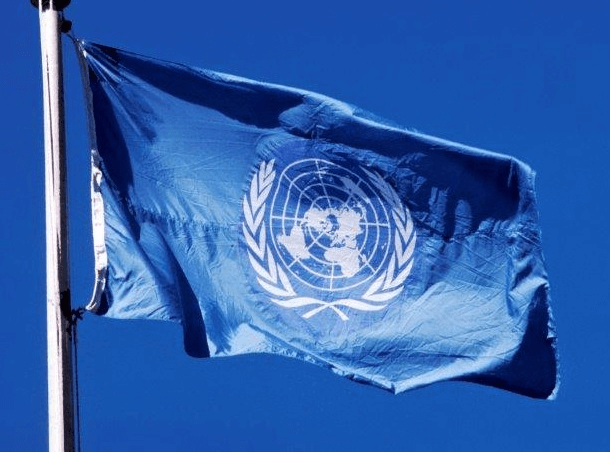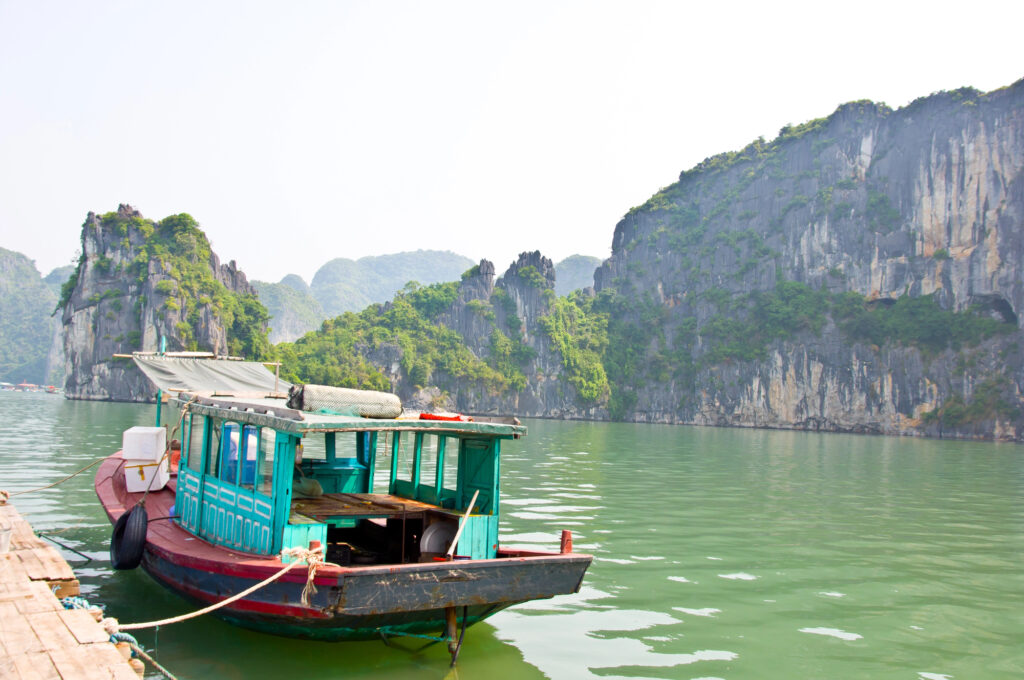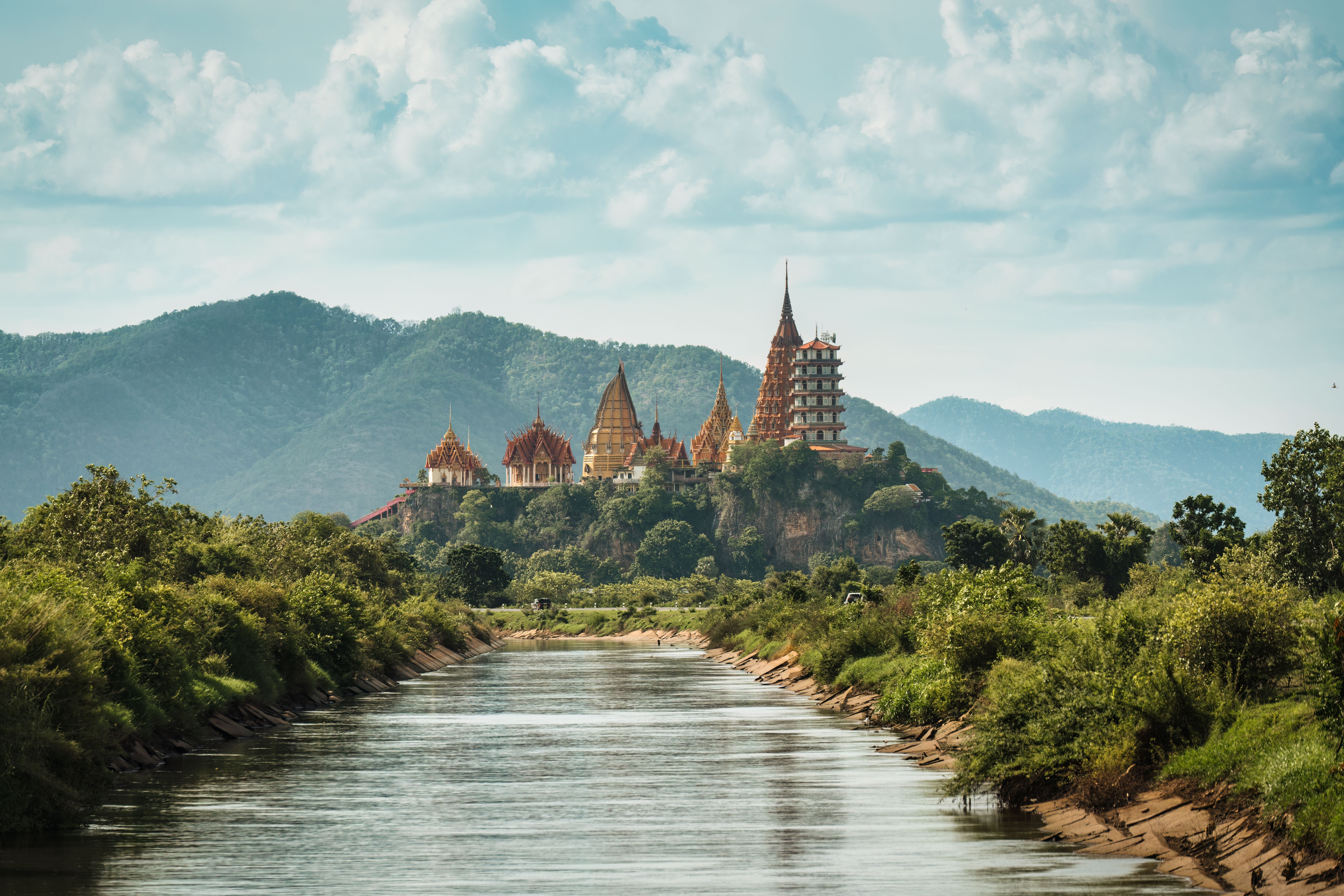Canada Sounds Alarm On Travel To Thailand, Citing Escalating Violence, Martial Law, And The Urgent Need To Evacuate Risk Zones - Travel And Tour World
Thursday, June 19, 2025

Canada issues urgent travel alert for Thailand, warning citizens to avoid the conflict-hit southern provinces and remain cautious amid rising unrest and tensions.
Following a comprehensive update of its travel advisories across the Middle East, the Canadian government has now turned its attention to Southeast Asia, issuing a fresh advisory for Thailand—one of the region’s most visited destinations. Known for vibrant cities like Bangkok, the cultural haven of Chiang Mai, and the beach paradise of Phuket, Thailand draws millions of visitors annually. However, safety risks remain in certain parts of the country, and being informed about them is crucial to avoid disruptions during your trip.
The advisory urges Canadian travelers to avoid Thailand’s southern provinces due to persistent unrest and security threats stemming from regional conflict. Additionally, travelers are advised to remain vigilant in Bangkok, where political demonstrations and tensions can erupt unexpectedly.
This latest update from Canada’s government outlines specific areas to steer clear of and offers essential precautions for those planning to visit the country. Travelers are encouraged to stay informed, make careful choices, and prepare accordingly to ensure a safe and enjoyable journey through Thailand.
On June 16, the Canadian government released an updated travel advisory for Thailand, warning citizens against visiting certain parts of the country due to serious safety concerns. The advisory strongly recommends that travelers several provinces in Thailand’s southern region, citing ongoing violence and instability as primary reasons for concern.
The Canadian government has identified the following provinces as high-risk and urges travelers to stay away:
Located near the border with Malaysia, these provinces have long experienced unrest tied to separatist movements. The situation in these areas remains volatile, with frequent attacks by insurgent groups targeting both authorities and civilians.
The advisory warns that individuals visiting these regions could unknowingly be exposed to life-threatening situations due to ongoing violence. The Canadian government stresses that the security threats in Thailand’s southern provinces are so serious that all forms of travel—whether for tourism, business, or transit—should be completely avoided.
The advisory further highlights that strict security protocols and martial law remain active in the affected southern provinces. Under these conditions, local authorities possess expanded powers, allowing them to detain individuals without formal charges, search properties and belongings without prior notice, confiscate items or documents, and enforce curfews at their discretion. These extraordinary measures reflect the seriousness of the ongoing conflict in the region.
In addition to advising against all travel to the southern provinces, the Canadian government urges travelers to exercise a high level of caution in Thailand’s Mae Hong Son and Tak provinces, which border Myanmar. These areas occasionally experience violent clashes involving government forces and organized criminal groups, including drug trafficking networks. Travelers considering overland border crossings should be aware that border points in this region may shut down unexpectedly without prior warning. :
Border tensions between Thailand and Cambodia have intensified after a clash on May 28, 2025, reigniting historic disputes over contested territory. As a result, travelers using land crossings in the area should anticipate heightened military activity and an increased security presence throughout the region.
Although the previously listed regions are not major tourist hotspots, the Canadian government has also issued a warning regarding , one of Thailand’s most visited destinations. Travelers are advised to remain alert, as political tensions in the capital could lead to demonstrations or disruptions in certain areas.
The military in Thailand retains broad authority under emergency regulations, particularly in areas experiencing unrest. These powers may include limiting public movement, conducting weapon searches, enforcing curfews, censoring news outlets, and banning group assemblies. Travelers should anticipate military checkpoints throughout certain regions and understand that security forces are authorized to use force if violence occurs, especially during protests or large gatherings. Additionally, access to websites, television broadcasts, and radio stations may be restricted without notice, and social media platforms could face temporary suspension during periods of heightened tension.
Canada frequently revises its travel advisories to keep citizens informed about emerging risks such as armed conflicts, severe weather events, and civil unrest that could affect travel plans. In a recent update, Canadian authorities advised against travel to the coastal stretch between Bahía de Huatulco and Punta Maldonado in Mexico, citing the slow but steady approach of Storm Erik as a significant safety concern.
In addition, the Canadian government has issued comprehensive updates to its travel guidance for countries across the Middle East, reflecting heightened instability and ongoing conflict in the region. Furthermore, a three-tiered advisory has been released for travelers planning to visit Los Angeles, where large-scale demonstrations are expected. This multi-level alert outlines safety measures and awareness tips for those navigating areas of potential protest activity.









